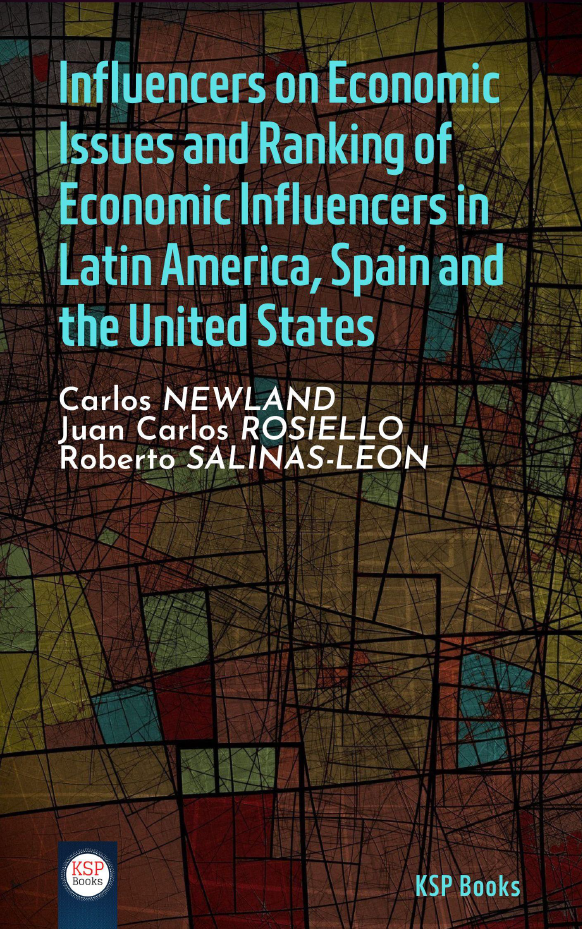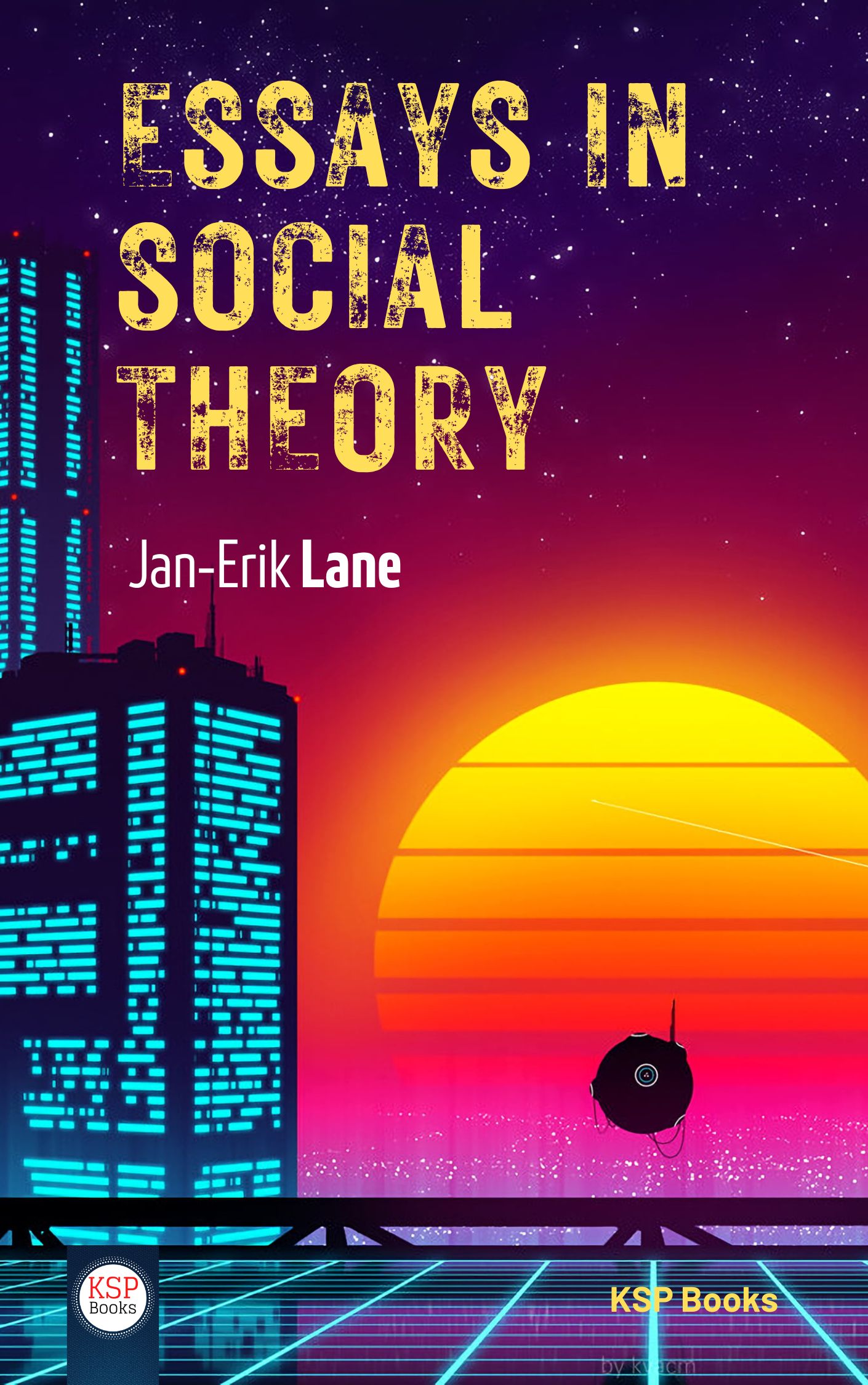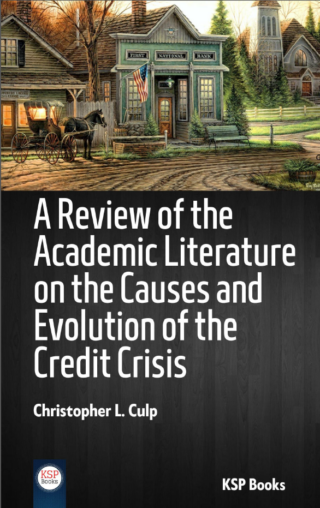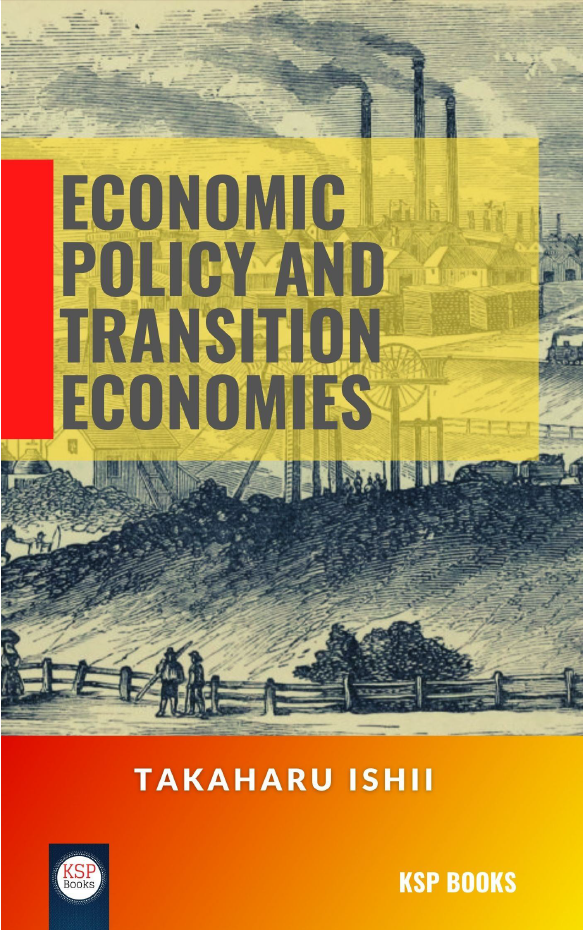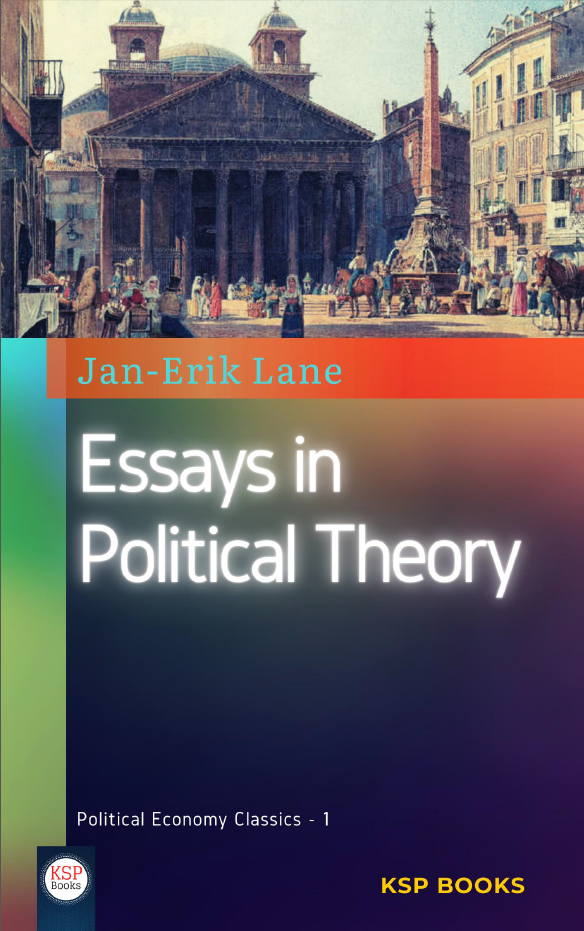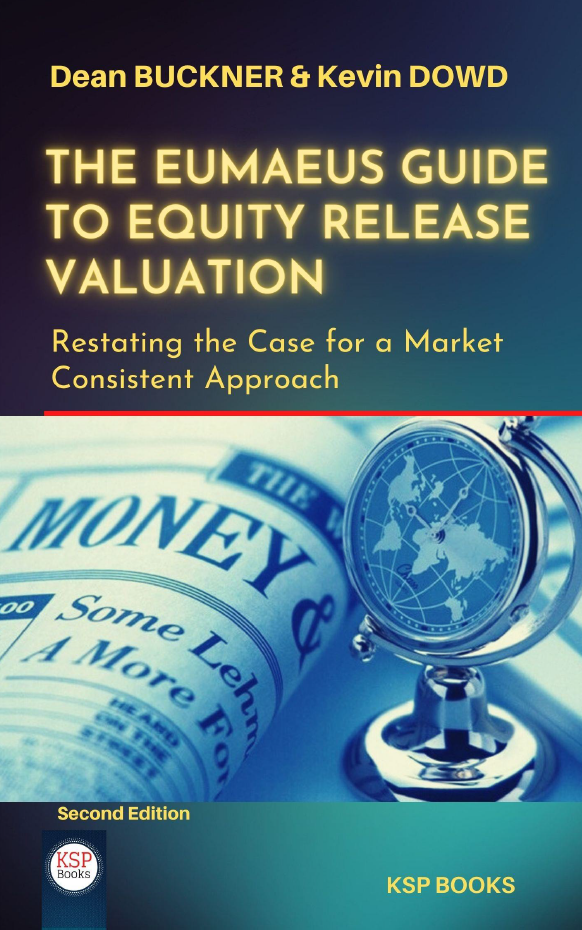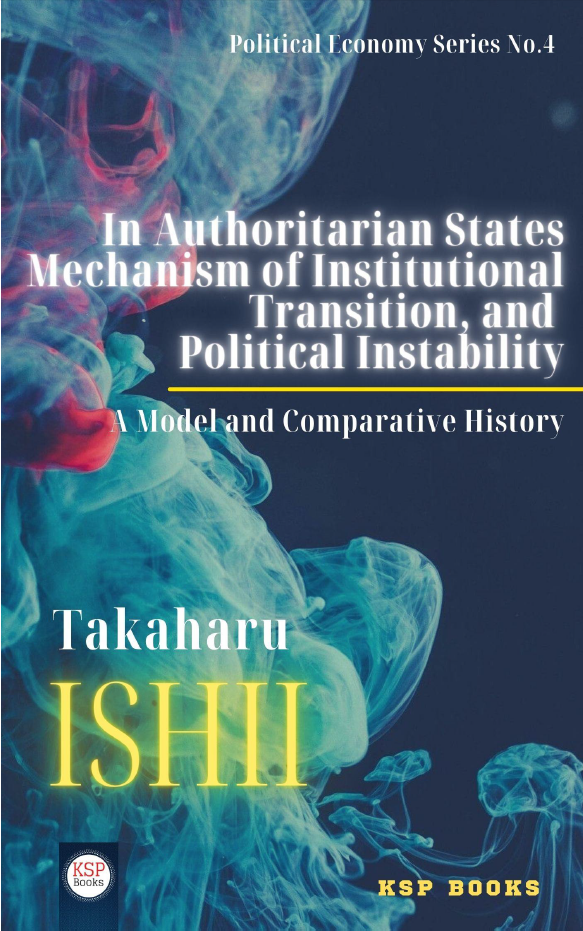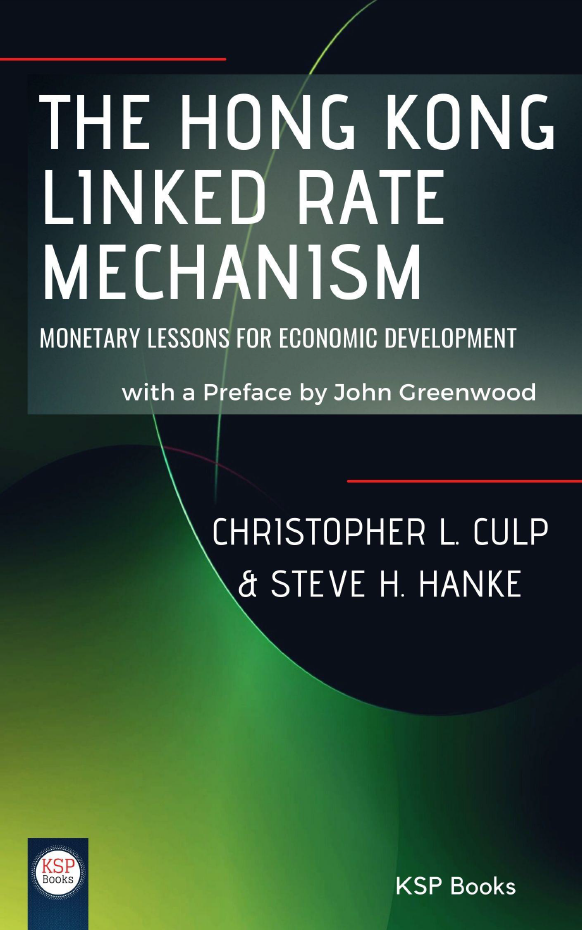By
Jan-Erik Lane
University of Geneva, Switzerland
e-ISBN: 978-625-6861-88-6
Publishing Date: January 8, 2024
File Size: 2,215 MB
Length: xv + 62 pages (PDF)
Language: English
Dimensions: 13,5 x 21,5 cm
 This Book is completely open access. You can freely read, download and share with everyone.
This Book is completely open access. You can freely read, download and share with everyone. 
It is possible to present a brief summary of the subjects that the chapters in this book focus on.
The mind-body problem receives new attention, partly under the inspiration from the success of quantum mechanics. Here I will discuss reductionism. The mind-body problem remains central to modern philosophy, no doubt stimulated by the progress in brain research. Following Thomas Nagel’s article on bats, one may similarly examine one of history’s champions. I will also deny reduction or physicalism, though my argument is very much simpler than Chalmers (1996).
One may argue that modern social theory must be relevant for political science. But modern social theory has a strong inclination towards subjectivism: is this relevant for political theory? I do not think so, because subjectivism is in reality a philosophical position, consisting of a theory of epistemology for the social sciences which is not only wrong but borders on nonsense. Modern subjectivism, or as it is somewhat ludicrously called: `post-modernism', is basically the ambition to crush what is called `objectivism', by launching a special version of 'subjectivism', i.e. a theory regarding what social science knowledge is all about. Thus, subjectivism is an argument for a new epistemology for any kind of social theory, includi4 political science, replacing the major objectivist arguments of the 20th century.
Philosophy of science pays meagre attention to the social sciences and humanities. It deals with basic questions in the natural sciences like Hempel, or general epistemology like e.g. Putnam and Kripke. Popper is the main exception.
In the 21st century there is a new debate about so-called Western values. The beliefs of the occidental countries are attacked, as concealing contempt for other countries, spoken of as orientalist, Muslim or Buddhist. Yet, Western philosophy can only be equivalent to “OCCIDENTALISM” when focused upon truth, truth telling and freedom of choice.
The analytical-synthetic distinction keeps being of great interest. But why? Analytical sentences are camouflaged tautologies. They are not falsifiable, neither in this Kant’s world or in any of Leibniz’ possible worlds.
The 21st century will most probably be the last one for mankind. First, the threat of nuclear confrontation is imminently present in the Ukraine war, where with escalation, it becomes global. Second, global warming will make life unbearable. There is no strategically viable way out of the heating up of the planet, as every state cheats. Now, we have 425 ppm.
Foreword
1. What was it Like to be Caesar Crossing Rubicon 49 B.C.?2.- The Analytic-Synthetic Distinction and the Social sciences
Introduction
The Rubicon story
Sinn: Mean and ends 49 B.C.
Rational means-end intention
Mind-sets are contingent facts
Conclusion
References
2. Ten Subjectivist Dogmas: Or Why Political Science Should not Adopt the Philosophy of Modern Social Theory
Introduction
What does subjectivism claim?
Subjectvisist dogmas
Modernity and objectivity
Conclusion
References
3. Fundamental issues in social science
Introduction
A few chief issues
Analyticity 2
Objectivity
Conclusion
References
4. Occidentalism Questioned
Introduction
Orientalism
Capitalist exploitation
Environmental gap
Eastern polities
Herodotes
West and East
Occidentalism today
Conclusion
References
5. The Analytic-Synthetic Distinction and the Social Sciences
Introduction
Denying analyticity
Democracy: Many meanings
Polyarchy
Real definition of democracy
Conclusion
References
6. A Philosophy of Pessimism
Introduction
Pessimism 1
Putin and Russia
Nuclear warfare
Logic of nuclear warfare
Zaporizhzhia
Pessimism 2
Source of pessimism: State egoism
The present rules over the future
Conclusion
References
Jan-Erik Lane
University of Geneva, Switzerland
Born in 1946 in Gothenburg, Jan-Erik Lane was raised in Stockholm and Malmö. He finished his school education in the classics in 1965. At university og Lund and Umeå he took grades in History, Political Science, Economics and Philosophy. He has held tenured positions at Umeå University, Oslo University and Geneva University. Invited as full professor, he has taught at several universities like e.g. Singapore, Hongkong, Cape Town, Rotterdam, and Jerusalem as well as Freiburg in Breisgau.
Related EconPedia Items









